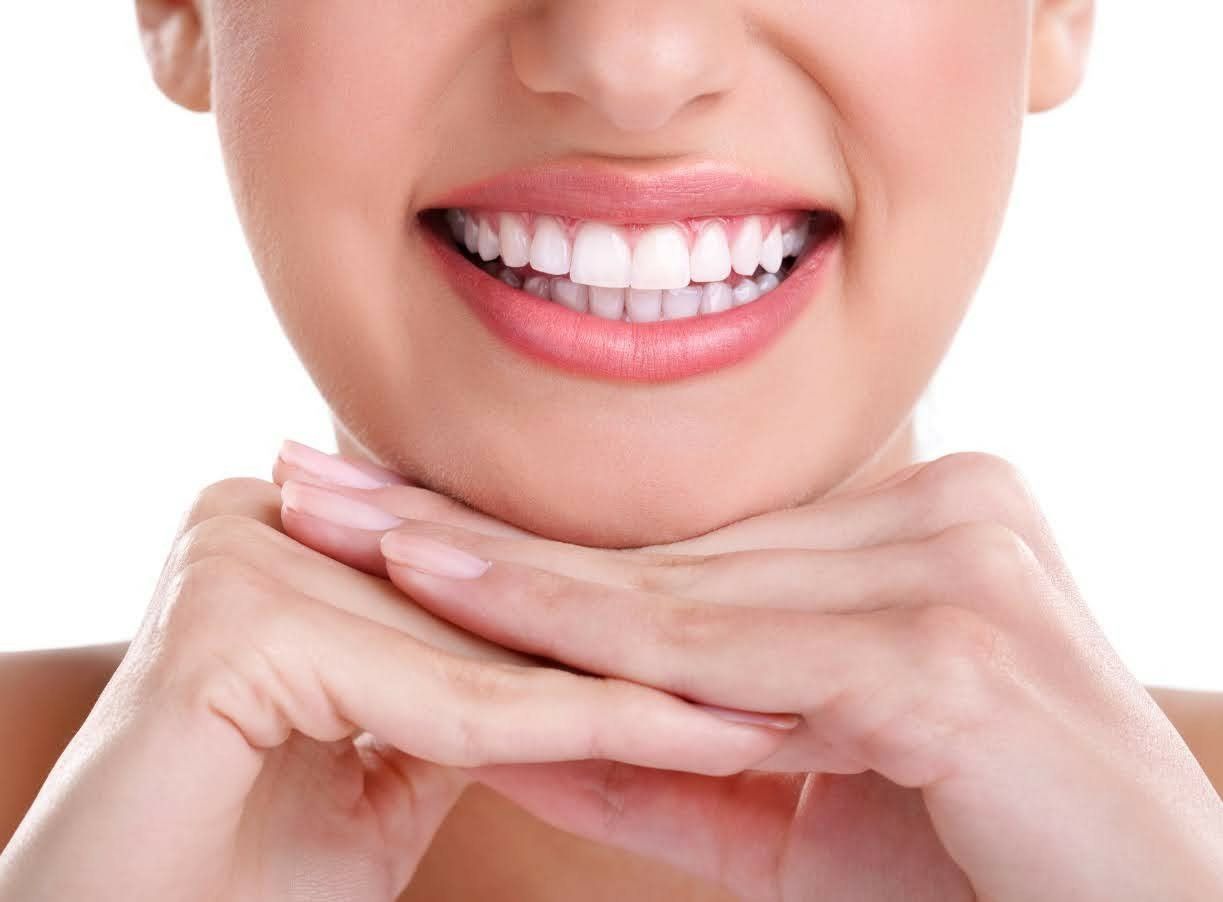Tips to Reduce Your Risk of Oral Cancer

When you think about dental problems that can cause pain, images of decayed or broken teeth may spring to mind first. However, many such problems involve damage to the sensitive gum tissue surrounding those teeth. Gum injuries may not always cause discomfort, but they can also open the door to infections.
If your gums hurt, bleed, or appear swollen, you may have injured them in some way that you don't even remember or recognize. The better you understand different gum injury causes and symptoms, the more effectively you can seek the right remedies. Watch out for the following three common types of gum tissue injuries.
1. Post-Operative Gum Damage
You may have little problem recognizing this kind of gum injury if you've just undergone a tooth extraction or other oral surgery. Even in the least invasive procedures, dental professionals may need to cut or remove small amounts of gum tissue. An extraction commonly leaves an open wound in the gums that heals over time.
Your gums may need days or even weeks to heal completely from a procedure such as gum contouring surgery or extraction. During this time, you can minimize swelling as discomfort by sticking to soft, bland, chilled, or room-temperature foods and beverages. Your dentist may also give you special instructions regarding dental hygiene.
Once you've extracted a tooth, a clot needs to form in the socket to ensure proper healing. Never smoke or drink through a straw during this period. The suction these actions can create can remove the clot, leaving a painful dry socket that could get infected easily.
2. Gum Tissue Burns
Any kind of burn can cause considerable pain, with mouth burns serving as a prime case in point. If you have ever burned the roof of your mouth on a hot swig of coffee or slice of pizza, you know this pain firsthand. Very hot or spicy foods and drinks can also burn the gum tissues on occasion.
Chemicals can also burn the gums. One common example involves home tooth whitening kits that contain bleaching agents such as peroxide. If you apply these whitening products too generously, too often, or for too long, you can develop chemical burns on your gums.
Thankfully, gum tissue can heal from burn injuries in a matter of days. Your dentist may recommend over-the-counter medications to relieve pain and inflammation. Avoid hot, spicy, or acidic foods during your recovery. Let professionals whiten your teeth for you, since they know how to apply bleaching agents safely.
3. Cuts and Scrapes
Any sharp piece of food, such as the corner of a tortilla chip, can leave painful little cuts on your gums. While you may not always avoid or want to avoid these crunchy treats, you should chew them slowly and carefully to reduce the risk of damage. Don't get into the habit of holding toothpicks or other sharp objects in your mouth.
Sports injuries can also lacerate your gums. If you play a contact sport that places your gums at potential risk for injury, ask your dentist to recommend a sports mouth guard that can help protect them when you practice or compete.
Careless or incorrect brushing and flossing practices can also subject your gums to cuts and scrapes. Contrary to what you might think, aggressive brushing doesn't clean the teeth more effectively than soft, gentle brushing; it only irritates and damages the gums to the point where they may start to recede.
Finally, poor flossing technique using a back-and-forth sawing motion can injure your gums and make them bleed. Always floss slowly and gently, taking care not to jam the floss down into the gumline too forcefully.
Calm Waters Dentistry can come to your rescue when you have a painful or worrying gum injury. Our experienced team can examine your gums, look for complications such as infections, treat your symptoms, and advise you on how to avoid recurrences. Contact us
today to request an exam.








